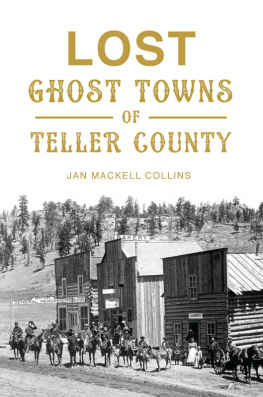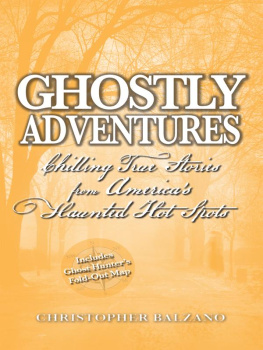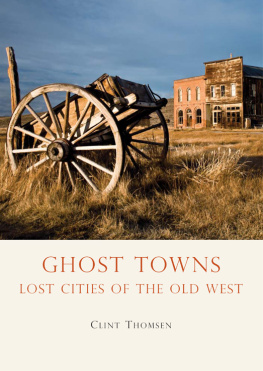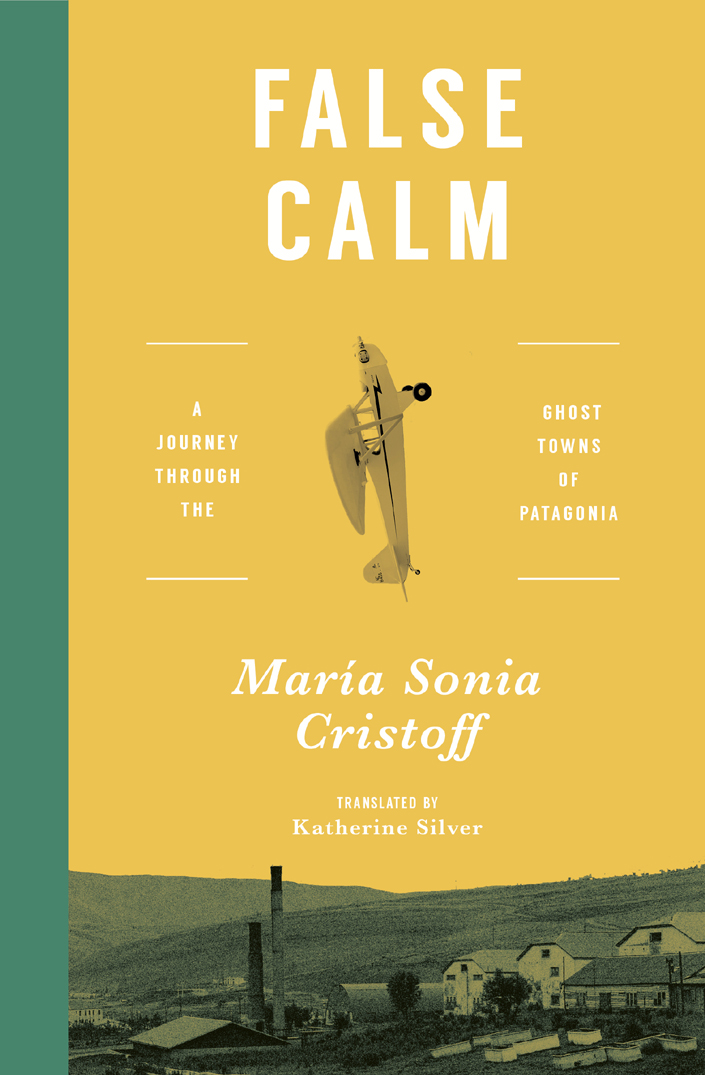Table of Contents
Guide


Published by Transit Books
2301 Telegraph Avenue, Oakland, California 94612
www.transitbooks.org
Mara Sonia Cristoff, 2005
Originally published in Spanish by Editorial Seix Barral as Falsa calma
Translation copyright Katherine Silver, 2018
First published in English translation by Transit Books in 2018
Excerpt from Wind, Sand and Stars by Antoine de Saint-Exupry, translated from the French by Lewis Galantiere. Copyright 1939 by Antoine de Saint-Exupry, renewed 1967 by Lewis Galantiere. Reprinted by permission of Houghton Mifflin Harcourt Publishing Company. All rights reserved.
Excerpt from Gravitys Rainbow by Thomas Pynchon, copyright 1973 by Thomas Pynchon. Used by permission of Viking Books, an imprint of Penguin Publishing Group, a division of Penguin Random House LLC. All rights reserved.
LIBRARY OF CONGRESS CONTROL NUMBER: 2018951319
DESIGN & TYPESETTING
Justin Carder
DISTRIBUTED BY
Consortium Book Sales & Distribution
(800) 283-3572 | cbsd.com
9 8 7 6 5 4 3 2 1
All rights reserved. This book or any portion thereof may not be reproduced or used in any manner whatsoever without the express written permission of the publisher except for the use of brief quotations in a book review.
This work was published within the framework of Sur Translation Support Program of the Ministry of Foreign Affairs, International Trade and Worship of the Argentine Republic. Obra editada en el marco del Programma Sur de Apoya a las Traducciones del Ministerio de Relaciones Exteriores y Culto de la Repblica Argentina.
ISBN: 978-1-9454-9221-1
CONTENTS

For Amrico C.
My father was born in the middle of Patagonia, but everybody around him spoke Bulgarian. My grandfather had avoided the kind of job in the oil industry that awaited most of his fellow immigrants by purchasing an enclave of his own along the banks of the Chubut River, in an area where the Welsh community had settled, and, on the pretext of becoming a farmer, he set himself the task of reconstructing his very own Bulgaria. With time, he managed to create a perfectly designed clone, replete with the animals, the rhythm of the harvests and the rains, the yogurt my grandmother made, the magazines written in the Cyrillic alphabet, and the Bulgarian friends who came to visit him from time to time. Whenever my father left the enclave to play soccer with friends from the neighboring farms, he knew that the rules were to kick the ball hard and speak that other language that his blond friends were speaking: from the time he was very young, he held his own in the Welsh of the playing field. Then hed return home, where they spoke rarely or in Bulgarian. One day, when my grandparents figured he must have been about six years old, they brought him to the nearby village, Gaiman, and deposited him on a school bench. From there, by closely observing his surroundings, my father realized that most, he would almost say all, were speaking a third language. It didnt sound anything like the ones he knew, and it was called castellano, Spanish.
In his blind obstinacy, my grandfather had joined the project of reconstructing ones homeland in Patagonia, as so many others had attempted to do before him, from entrepreneurs such as Antoine de Tounenswho had wanted to create the Kingdom of Araucana and Patagonia in the Andes regionto Iuliu Popperwho minted his own coins and wrote his own laws in his colony in Tierra del Fuegoto, some would say, the ancestors of the Welsh kids my father played soccer with. But my grandfathers Little Bulgaria could not defend itself against the infiltration of one of Patagonias most distinctive characteristics: isolation. As a child, I saw this isolation as positive, as had so many European explorers in Patagonia: for them it had meant the possibility of extending their domains, for me the possibility of being in a place where routine did not hold sway. Daily schedules, meals, and scents were different there than in my daily life in the nearby city, and nobody ever asked me how I was doing in school. It was only later, as a teenager, that the isolation began to feel to me as it did to the Argentine nation-builders of the nineteenth century: as something negative. For them, it contained the threat of the unconquerable, of the territory that refused to be integrated into the fledgling nation; for me, it had turned into the very thing that was keeping me away from the country where things were happening, the people I wanted to meet, the books I wanted to read. It was a characteristic that made Patagonia a space disrupted by a kind of nightmarish logic, where I could walk and walk but still remain in the same place. Although Argentine planners had failed to carry out many of their projects for the South, they had been successful at propagating the idea that life in Argentina passed through Buenos Aires. So, at the beginning of the eighties, I left.
I returned two decades later, when I no longer saw things one way or the other, and with time I have reached the conclusion that, as it is in my personal history, isolation is present in everything I have ever read about Patagonia. Everything, I repeat, though I dont think this is the place to make lists. I returned to write an account of this eminently Patagonian characteristic. I wanted to see the shapes it takes today; I wanted to locate it at its furthest extremes, which is why I started to look for towns that for one reason or anothernot based solely on census datacould be called ghost towns. At first I picked them with scrupulous care, then I went to the places and stayed. I had at my disposal an infinite number of hours to roam around towns whose perimeters can be walked in a single hour. I sat on street corners and watched the dogs amble by. I wholly surrendered to the daze generated by the excess of light or wind or silence. There were days I felt like I was in a scene from a science fiction movie into which I had been sucked by some powerful and not wholly defined force. I saw things, many things: ghostly does not imply empty. Sitting there, almost without asking any questions or moving a muscle, without making any effort whatsoever, I turned into a kind of lightning rod, a receiving antenna. The stories came to me, the atmosphere used me as a ventriloquist. Thus arose the two-voiced narrative that follows: I was constantly trying to maintain control, but I must acknowledge that there were moments when the atmosphere spoke through me.
The photograph must be no more than five years old. Everybody in it finished primary school in the mid-sixties, so they are all between the ages of forty and fifty. Theres a woman on the right with short hair and one white lock, la Susan Sontag, who is flanked by two skinnier, more submissive-looking women. The central importance of the apocryphal Sontag is obvious, though I wonder if her authority had already been established in adolescence, or if, suddenly, on that night of the reunion, the other two had found themselves attracted to the unexpected and still incomprehensible magnetism exuded by someone theyd always felt sorry for. Most of the people who were reunited that nightaccording to the woman who took the picture out of a shoebox lined with fabrichadnt seen one another for years. Almost all of them were the children of the more privileged workers in the oil industry, and as adolescents they had gone away to study or find more suitable matches. There is a row of men perched on chairs and looking straight at the camera, each with a glass in his hand. The glasses are made of plastic. The man in the middle of the row, the owner of the photograph tells me, is the one who organized the reunion. He spent about a year tracking them down one by one. Like a detective, like an avenger. He found some of them abroad: in Spain, Germany, even the United States. Quique, the man who organized everything, never moved away from here, from Caadn Seco. And maybe thats why he got the idea; he saw that theater, which was sometimes used to show movies and other times wasnt used for anything, and he thought, why not use it as a time machine to travel back into the past. Quique is skinny, and he looks like someone whos gone through life with a small but constant malaise that he has never stopped to think about. In the photo, hes smiling at the camera, like everyone else in that row. The reunion must have taken place in the summer: most of the men are wearing lumberjack shirts. The womens attire, in contrast, shows painstaking care: each woman devoted as much thought to her dress as she did to the one for her wedding, and to the one she would have worn to the first big family funeral, if shed had time. They look relaxed in the photo, as if theyd already gone through that inevitable moment at any class reunion when everybody is sitting around a big table and feels obliged to give an account of what theyve done with their lives. Despite the evasionsthe long-windedness, the innuendos, the changes of subject, the feigned deafness, the wallets opening to reveal pictures of children and/or spousessomeone would have surely admitted a failure, and most would have inferred everybody elses failures, someone would have been surprised by a revelation with sexual or economic implications, others would have been in charge of remembering those whod died, others those who hadnt come. Everyone would have made an effort, especially that night, to show themselves off in the best possible light. Their eyes also made clear that by that point in the evening theyd already drunk a lot of the red wine that can be seen through the white plastic glasses. The photograph seems to have been taken at precisely the right momenta labile, furtive momentduring that interval between settling accounts and saying goodbye, that swath of time that leaves room only to recall the best kind of connection that had ever existed among those present. And there, precisely at that instant of the green flash, someone had taken that photo.
Next page








